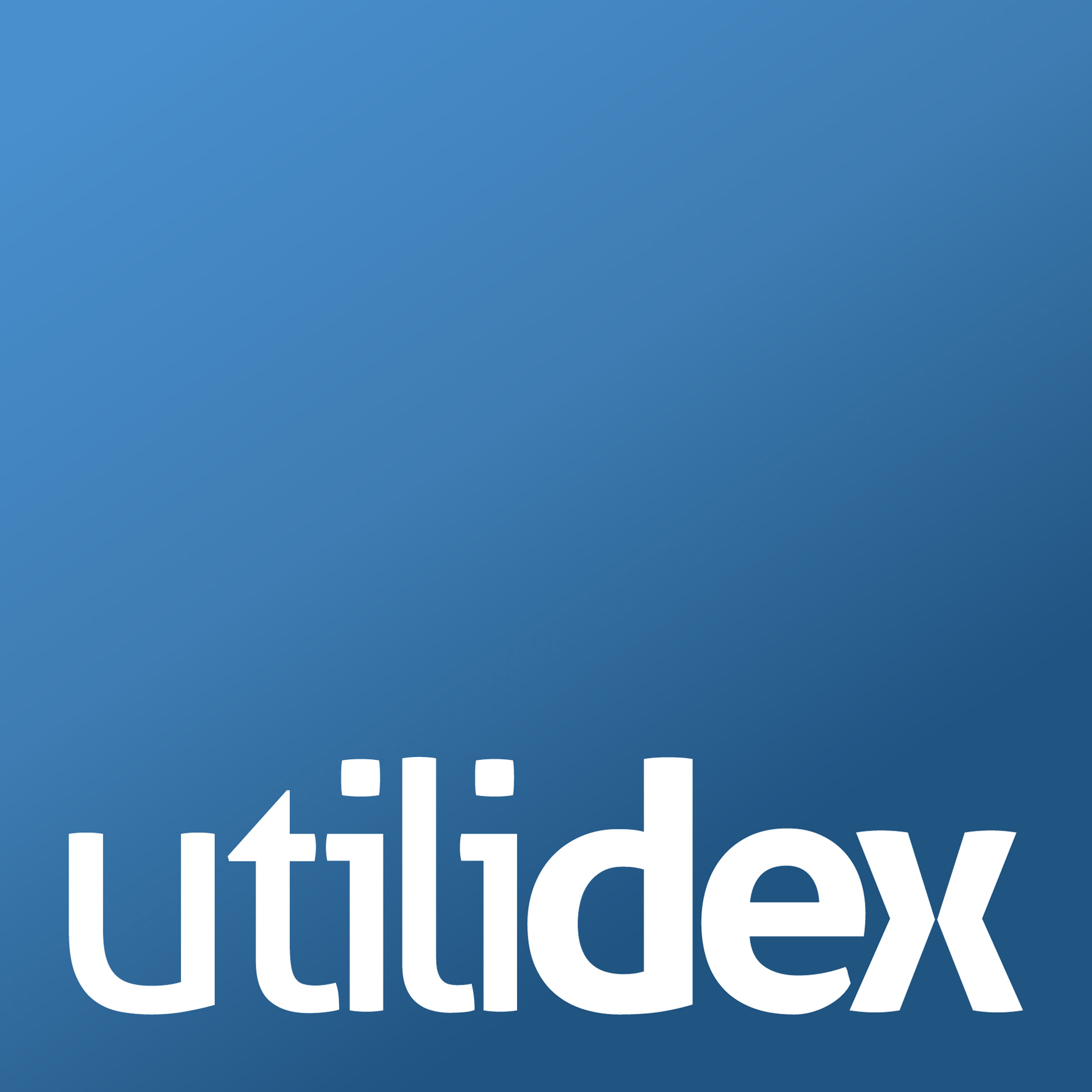Tip 1: Remember the 1 hour to 5 hour rule
Remember for every hour you spend in correcting information in a Foundation Module (Metering & Sites) you’ll likely save 5 hours in downstream activities.

So take the time to perform your meter data checks, and your site data checks, knowing full
well it will save you up to 5 hours later on in the month.
Tip 2: See validation as the end of a process, not the start
Most company’s validation process starts when they receive the bill. The timeline looks something like the below. Receive the EDI/XLS on the 15th of the month, work through the files and disputes for the next few days (noting that some issues can go on for months), and then pay the agreed amounts some 10-15 days later:

This approach has several challenges:
- Issues are found out “after the event” meaning they are more difficult, costly and timely to resolve.
- Any real issues are likely impossible to resolve within that time frame (e.g faulty meters, meter data differences)
- Work is compressed into small time windows, meaning its possible to make mistakes
And remember, if there are issues in billing (which could be due to meter or standing data) they’ll also impact everyone in your organisations, in budgets, in trades & in energy management – so there are knock on effects.
Make billing the end of the process
Instead of making billing the start of the process, we’d recommend you make it the end of the process.

So start your activities at least 10 days before the end of the month. Starting with Site Standing Data checks and metering checks. Share this data with your supplier. Let them know, this is what we’re validating against, so if there are customers, or meter data that looks different – let’s get it resolved before the supplier bill run.
Suppliers too, will run their own QA checks before they send you bills. So they’ll likely receive their last meter data on the 2-3rd working day, they then check for any billing issues/site changes etc – and then they’ll likely produce your bill. If they have your information going into their QA checks, it might just stop that incorrect bill being produced, which will save everybody huge amounts of time.
This may sound like adding more work, but in truth it’s actually reducing workloads. A disputed bill on average looks something like the below:
- Person A checks the bill and finds outs wrong (7 mins)
- They raise this with their supplier who checks the bill (7mins)
- Supplier raises a credit note & re-issue the bill (7 mins)
- Person A then matches the credit note & checks the new bill (7 mins)
- Budgeting could be wrong/Trading could be wrong (7 mins)
And when you have a large portfolio, you can see how the time adds up. So if you can do checks on Site Data, Meter Data and Sites in Query/Tasks, prior to the bill run, and collaborate with your supplier, we believe you can condense the above 5 steps, to 1 step.
Tip 3: Recognise that collaboration is more than a technology product
Our industry is full of talented individuals that sit in various companies around the market, from retailers, to customers, to generators to service providers. Collaborating is more than a technology product. It has to be a way of working, we push for. Because, it’s a way of working that recognises there is more value when two parties work together, than if either of them stand on the sides, and do nothing.
For this to truly work, both Suppliers and Customers, need to work together. Otherwise, collaboration won’t work. At Utilidex we believe this approach, not only makes our industry a better one to work in, saving people time, but it actually drives real commercial value. Because when we stop all the sending of spreadsheets, back and forth, agree to collaborate and share data, and develop trust in shared processes, we’ll finally get to a point where we eliminate wasteful processes, and free our time up to move on to new, and innovative ways of changing our industry.
